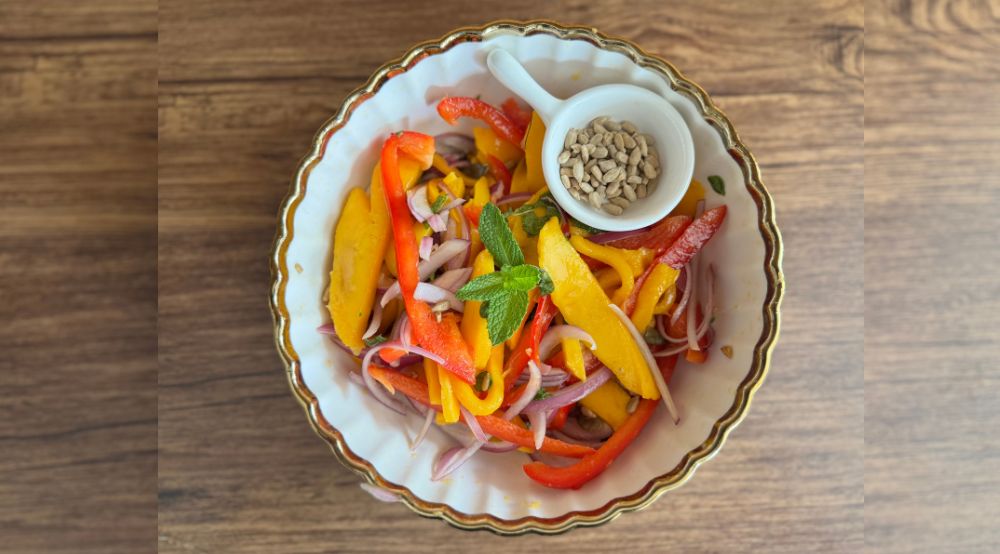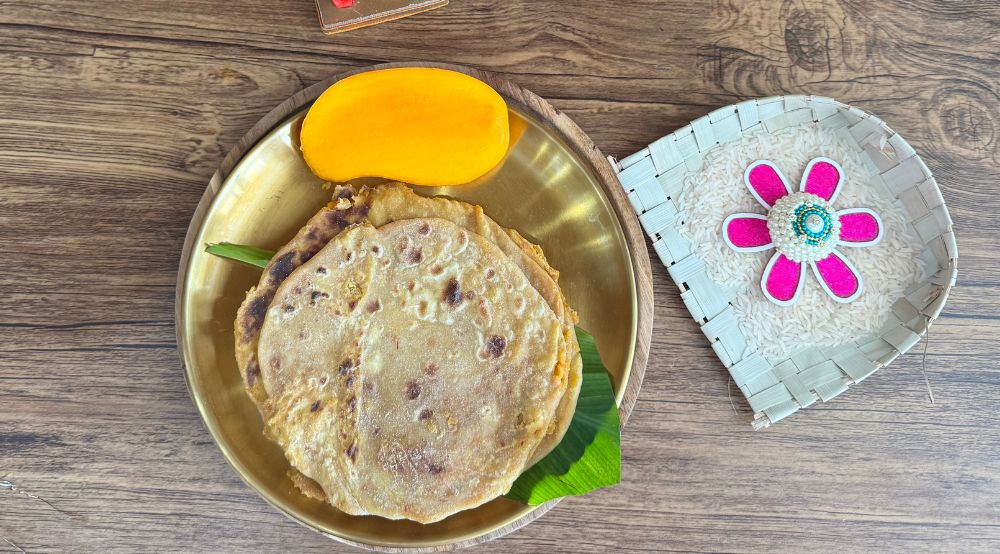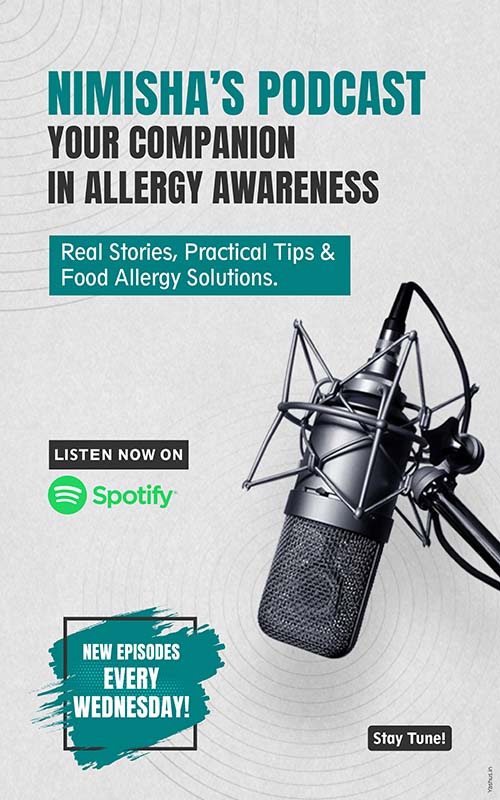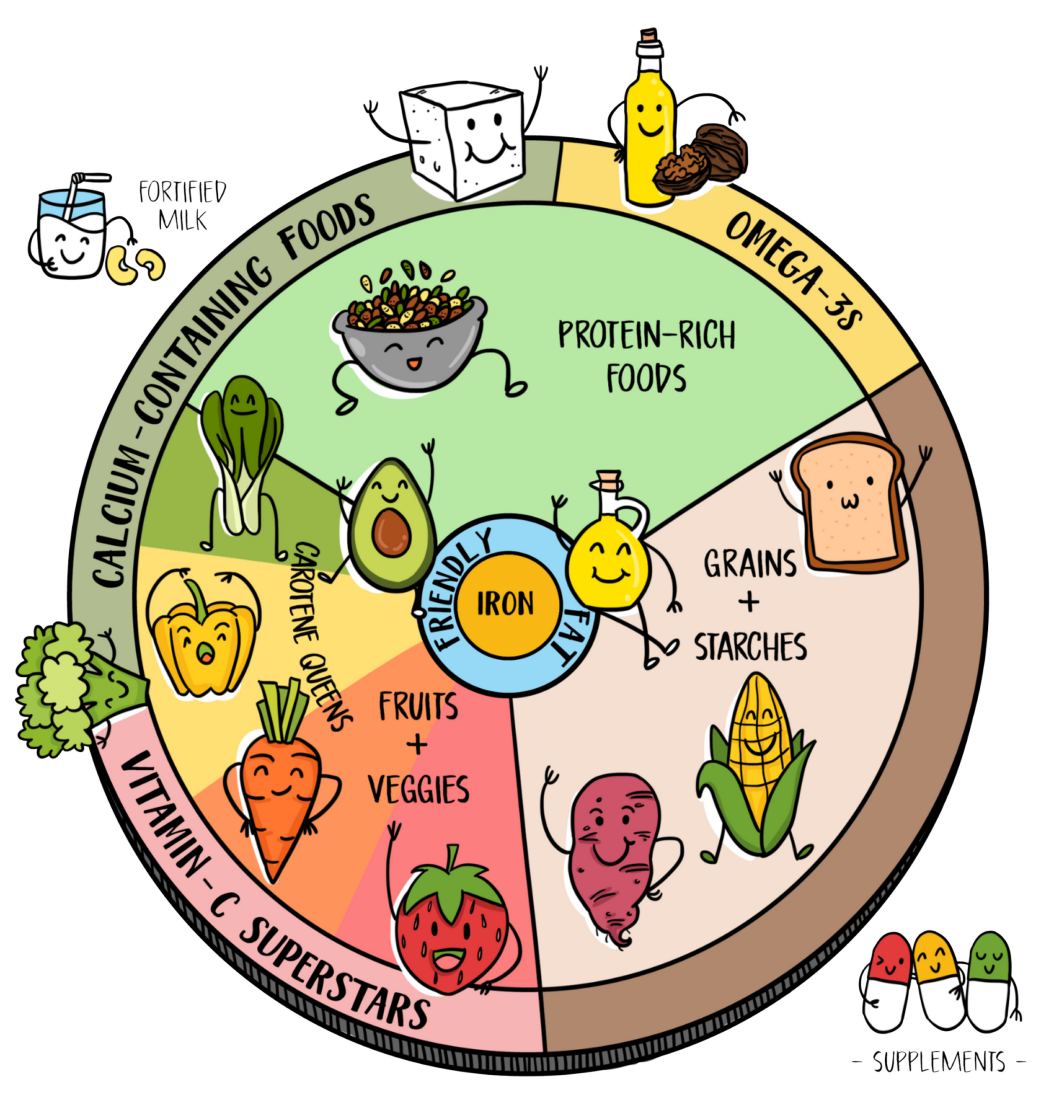From USA to India: Navigating Food Allergies While Traveling with Food Allergies
BlogsJuly 30, 2024
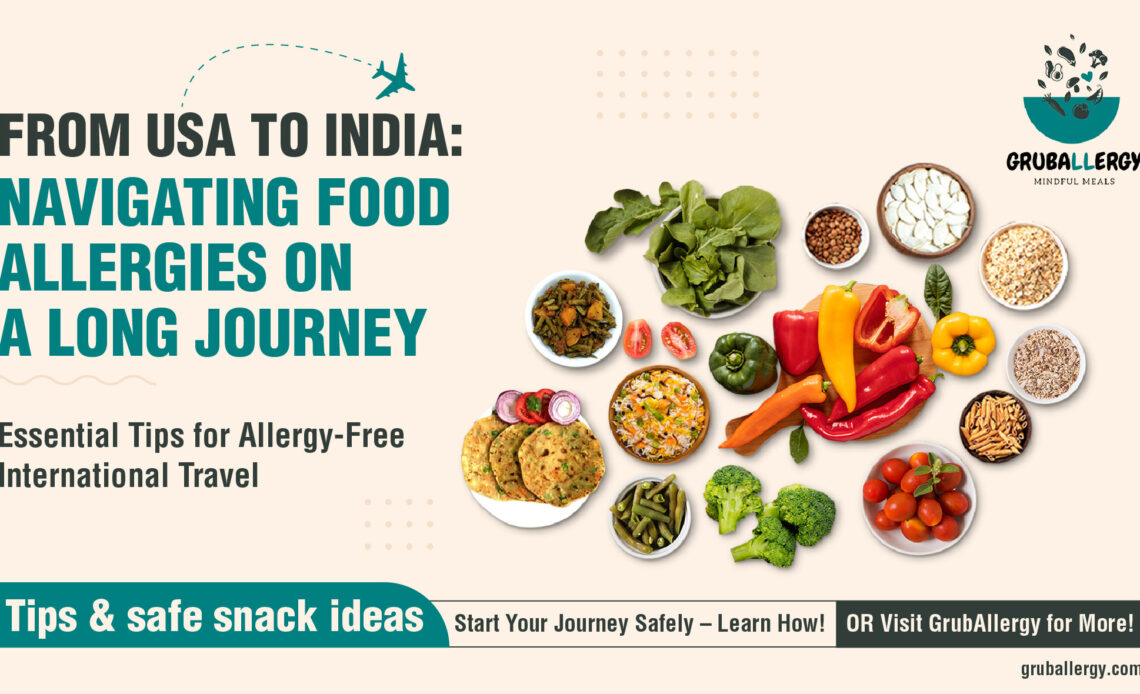
Traveling with food allergies can be challenging, especially on long journeys. However, with careful planning and preparation, you can ensure a safe and enjoyable trip from the USA to India. Here’s a comprehensive guide to help you navigate food allergies during your journey.
Planning is Key When Traveling with Food Allergies
The moment you book your tickets, the planning should begin. There are two main parts to consider: the flight journey and the actual stay or vacation.
1. Travel: The Flight Journey
Medicine Checklist:
- Make a list of both emergency and regular medicines.
- Always carry at least a week's extra supply of medication to account for any unforeseen delays or cancellations.
- Keep your emergency medicines, like EpiPens, in your carry-on baggage for quick access.
Food and Snacks:
- Pack enough food to last at least an extra day beyond your expected travel time.
- Opt for shelf-stable snacks that won’t spoil and can sustain you in case of travel delays.
Shelf-Stable Snack Ideas:
- Homemade laddus
- Chivda (spicy Indian snack mix)
- Chakali (savory spiral snacks)
- Khakra (crispy flatbread)
- Cookies
- Granola bars
Meal Ideas for Travel:
- Pasta, rice, or noodles in a thermos container
- Sandwiches
- Stuffed buns
- Puris (fried Indian bread)
- Theplas (savory flatbreads)
When travelling with food allergies, especially travelling with peanut allergy or travelling with nut allergies, having safe and familiar food options is crucial.
2. Stay/Vacation: Managing Food Allergies in India
Safe Food Options:
- Carry homemade safe food options when dining out or visiting relatives.
- Communicate clearly about your allergies to chefs or hosts to ensure they understand the severity and precautions needed.
Knowing or understanding the name of your allergen in the native language is also important. For example, peanut is called "shengdane" or "dane" in Marathi, and dairy is referred to as "dudh" and includes all by-products like loni, dahi, taak, tup, etc. Carrying a food card in the native language can help you navigate the allergen when communicating with locals.
Snacks During Stay:
- Shelf-stable snacks remain crucial during your stay.
- Prepare fresh batches of snacks like granola bars and laddus before the trip and make another batch while in India to ensure you always have safe options on hand.
Exercising Caution
Be Vocal About Allergies:
- Always inform restaurant staff or hosts about your food allergies.
- Don’t hesitate to ask questions about ingredients and preparation methods to ensure your safety.
Carry Emergency Medicines:
Your EpiPen(s) should always be within reach. Never leave them behind, regardless of where you’re going.
Food Allergy Challenges and Protocols
Managing food allergies while travelling also means being prepared for any food allergy challenges that might arise. Whether it’s accidental exposure or trying new foods, following a food allergy challenge protocol can help manage risks.
Tips for Conducting an Allergy Food Challenge at Home
Before embarking on your journey, you might consider an oral food challenge to test your tolerance to specific foods. This should be done under medical supervision and not during your travel. Conducting an allergy food challenge at home with your allergist can provide peace of mind and help you better understand your food sensitivities.
Summary
Traveling from the USA to India with food allergies requires thorough planning and proactive management. By carrying sufficient medicines and safe food options, and by being vocal about your allergies, you can minimize risks and enjoy your journey. Whether you’re traveling with peanut allergy, traveling with nut allergy, or managing other food sensitivities, preparation and communication are your best allies in ensuring a safe and pleasant travel experience.
Stay safe and enjoy your trip!
Explore our Allergy-free Snack recipes for safe and delicious options while traveling.
Frequently Ask Question
When preparing for international travel with food allergies, start by making a list of all emergency and regular medicines, including EpiPens. Pack at least a week’s worth of medication and carry it in your carry-on. Prepare a variety of shelf-stable snacks and meals that can last longer than the expected travel time. Communicate with your airline about your allergies and request a special meal if needed.
For traveling with peanut allergy or nut allergy, ensure you pack plenty of safe, shelf-stable snacks and meals. Some good options include homemade granola bars, cookies, and other non-perishable items. It’s also crucial to carry a sufficient supply of medications, including your EpiPen(s). Always keep these items in your carry-on luggage to have them readily available in case of emergencies.
When managing food allergies while traveling in India, always carry your own safe food options, especially when dining out or visiting relatives. Inform restaurant staff or hosts about your food allergies and ask detailed questions about ingredients and preparation methods. Carrying and consuming shelf-stable snacks and meals can also help ensure you have safe options available throughout your stay.
If you accidentally consume something you're allergic to while traveling, immediately use your emergency medication as prescribed, such as an EpiPen, and seek medical attention right away. Make sure you inform those around you about your allergy and the action plan. It’s crucial to have emergency contact information for local medical facilities and a plan in place for such situations.
To conduct an oral food challenge for allergies at home, consult with your allergist for guidance and supervision. The challenge involves consuming small amounts of the suspected allergen under controlled conditions to test your tolerance. This should be done well before your trip to ensure that you have accurate information about your food sensitivities and can prepare appropriately for your journey.


